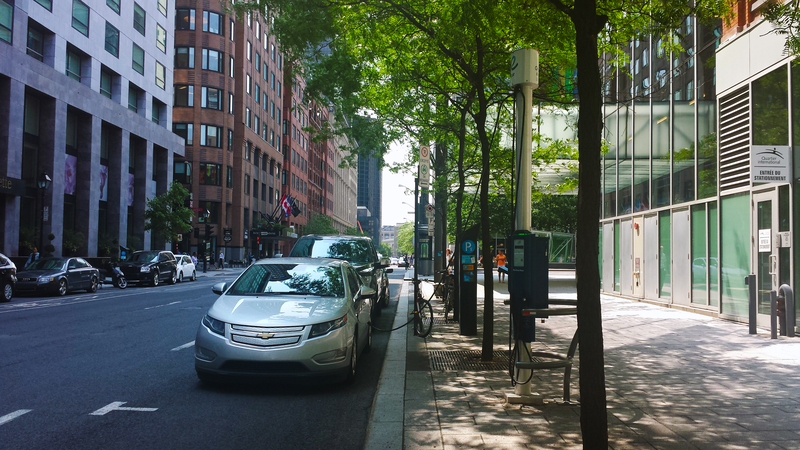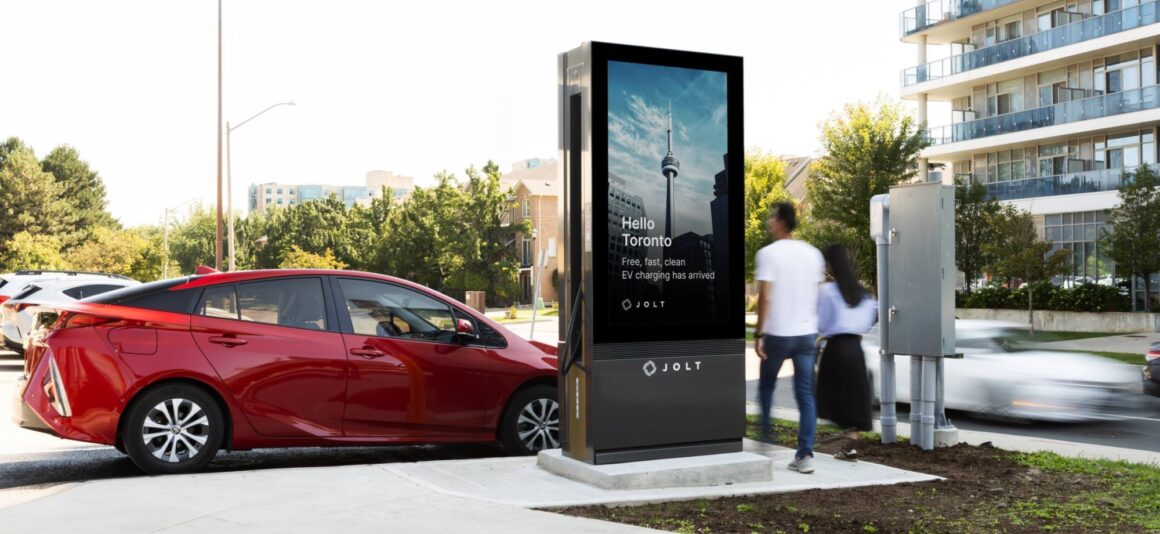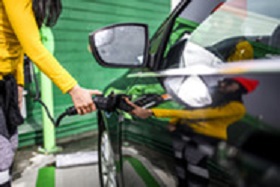
The RFP, announced by Jonathan Wilkinson, Minister of Energy and Natural Resources, will support the deployment of EV chargers, including fast chargers, in public places across Canada such as highways and public lots. The RFP will also support the deployment of chargers at private locations, including multi-unit residential buildings, workplaces and where on-road vehicle fleets are serviced. Applications will be accepted until September 19, 2024.
This funding will deploy thousands of new chargers, building on the Canadian government’s progress to deploy 84,500 EV chargers across the country, including through ZEVIP, the Canada Infrastructure Bank (CIB)'s Charging and Hydrogen Refuelling Infrastructure Initiative, and incentive credits under both the Electric Vehicle Availability Standard and the Clean Fuel Regulations.
In addition to investments by provinces, territories, municipalities and the private sector, the federal government has supported approximately 20% of the nearly 30,000 public chargers that are operating in Canada. As a result, there were 70% more EV chargers in Canada in 2023 than in 2022, with thousands more on the way each year.
The 2024 EV Charging Needs Report released by Natural Resources Canada provides a detailed regional analysis of public and private charging needs for both light-duty vehicles and medium- and heavy-duty vehicles, together with related grid readiness requirements and investments. The report highlights that a coordinated effort is needed from all levels of government, industry, utilities and other private-sector stakeholders to continue to accelerate deployment.
Additionally, to help investors, stakeholders, provinces, territories and communities determine the most suitable locations for chargers, the Government of Canada has developed the National Public EV Charging Planning Map.
These evidence-based tools will support the deployment of chargers in the areas with the greatest public charging need, including along routes, highways and communities.












